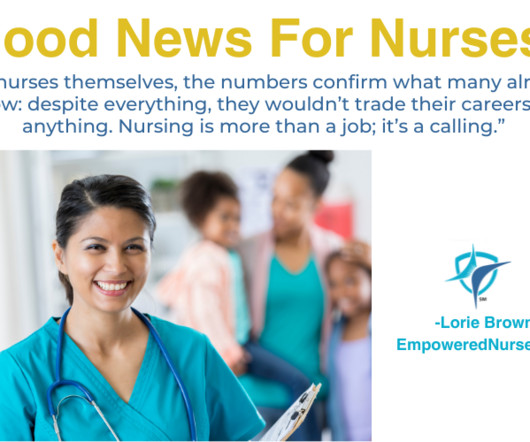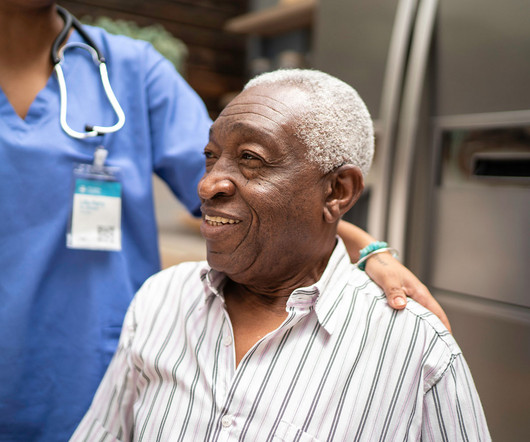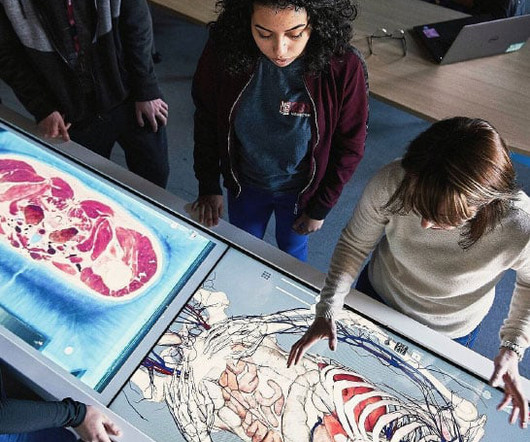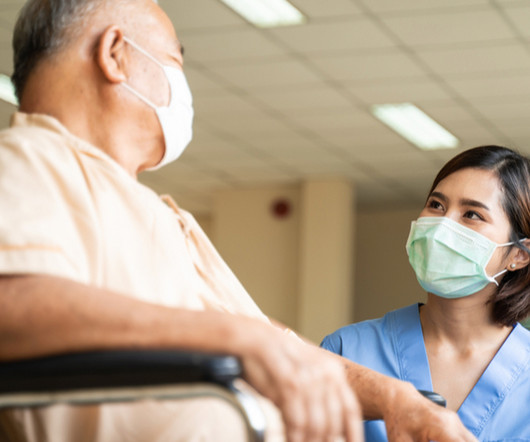Good News For Nurses!
Empowered Nurses
DECEMBER 31, 2024
The Hardest Part of Nursing: Politics, Pay, and Burnout While job satisfaction is high, administration and workplace politics emerged as the worst part of the job for many nurses: 22% of RNs and LPNs cited politics as their top frustration, followed closely by low pay (13%).















Let's personalize your content